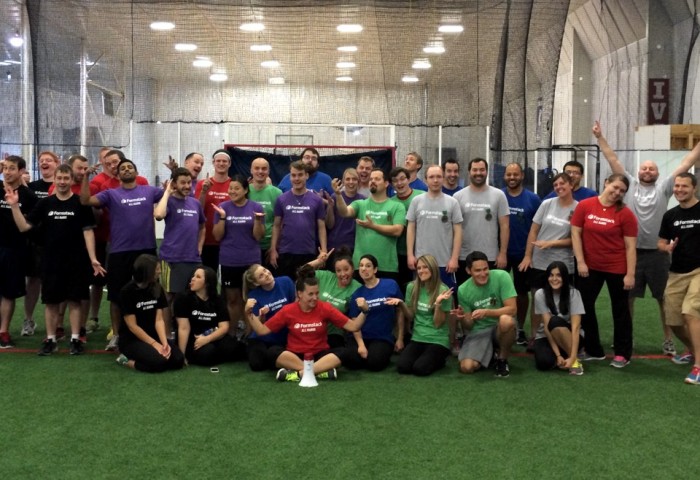We sat down with co-founder Wade Foster at Zapier in March, virtually of course, to learn more about the ethos that drives Zapier—and how they excel at working with a distributed team. If you haven’t heard of Zapier yet, check out our summary of what they do and why they rock in our Companies building tools we love with a strong culture of working remotely post.
How many employees and contractors do you have?
23
Please tell us about the importance of location independence at your company.
Everyone at Zapier works remotely. It allows Zapier to hire some of the best and brightest in the world. And it allows teammates to work from wherever they want. And since joining Zapier, 10 of 23 have moved to entirely new cities and while keeping their jobs. That’s a plus for them and for us!
Did you start with the intention of having a distributed or nomadic team? If not, when did you decide to support people working remotely?
It was mostly emergent. When we got accepted into Y Combinator, the three co-founders moved to California. But after the 3 months was up, Mike moved back to Missouri to be with his then girlfriend, now wife. That was the start of Zapier being distributed and it’s worked out great for us.
What are some of the challenges you face as a team without a central location or office?
Some tasks are better face to face. Brainstorming a product feature is tough. Communication has to be deliberate in a remote team. And of course you can’t do things like cook food for each other or grab happy hour drinks. But there are ways to mitigate those downsides.
What’s the upside that comes with not having a central location or office?
Besides the obvious that you don’t have as big of office space expenses, the big benefits are mostly about making teammates happy. They can fit their work around their life and not the other way around. Things like moving or having pets become a lot easier when you work remotely. You also don’t have a commute or daily office distractions to deal with. So all that adds up to happier teammates, which means a more productive company.
What % of your company regularly works remotely?
100%
Any advice or best practices for supporting the work styles of your teammates from a distance?
Adopting common communication patterns is pretty important. Having everyone use public Slack or HipChat channels works well.
What types of places do your teammates choose to work from when remote?
Home, coffee shops, AirBnB houses, the library. Wherever is convenient.
What qualities do you look for when hiring for a distributed team?
People who are good at written communication, can be self-directed and handle ambiguity well go a long way.
You’ve built great products that help the distributed workforce at large.
Why did you choose to do that?
Our goal is to help people be more productive at work no matter if you work in an office or at home. We tend to not make decisions for helping remote workers, but instead for helping workers in general.
Is there anything else you’d like to share? Our goal is to gain insight into your path as a distributed team and help others understand what it looks like to be successful in spite of the challenges often faced.
Check out my favorite collection of remote articles: bit.ly/zapier-remote




Responses